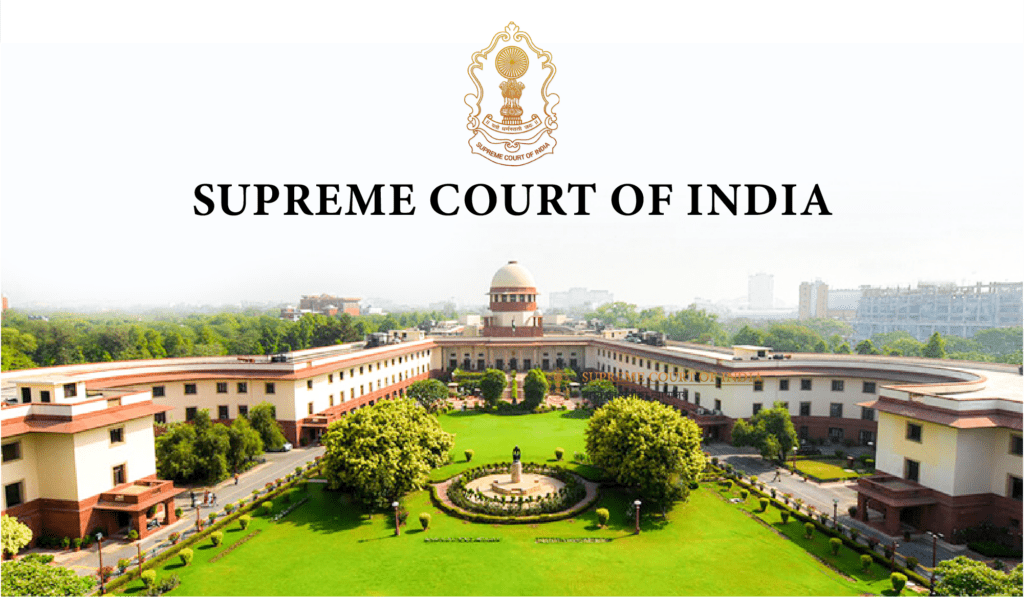
Best Divorce Lawyer in Delhi
The legal process of divorce is determined by the form of divorce. If a divorce is contested, it may take more than a year to end the marriage. But you don’t have to be concerned since we’re here.We have a team of Delhi’s Best Divorce Lawyers. If it is a mutual consent divorce, the process will be relatively quicker and smoother. When there is also a child custody case, the divorce process may take longer. However, Our Lawyers do everything in their power to complete the case process as quickly as feasible.

Divorce by Mutual agreement: When both parties, i.e., the husband and wife, mutually agree to divorce, the courts will award a divorce decree by mutual agreement. The couple must demonstrate that they have been separated for more than a year and are unable to live together. The major feature of a divorce by mutual agreement is that issues like as child custody, support, and property rights may be mutually agreed upon. If the courts consider there is a prospect of reconciliation between the parties, they will mandate a 6- to 18-month delay between the date the divorce petition is filed and the divorce decision is issued. It is crucial to remember that living apart does not always imply living in different places; the couple just has to demonstrate that they were not living as husband and wife throughout this time period. Hindu Marriage Act, 1995, Section 13B Discusses mutual divorce. Divorce by mutual agreement is less costly and faster than disputed divorce.
Withdrawal of Consent: The consent given for divorce by “mutual consent” can be revoked by either the wife or the husband, even after the 18-month period has expired, and a divorce decree will not be granted.
Contested Divorce: In the event of a contested divorce, Section 13 of the Hindu Marriage Act, 1955 specifies the grounds for which the divorce petition may be submitted. When husband and wife choose a contested divorce, they are in conflict. Typically, matters such as child custody, maintenance, etc. are far from being resolved. Under the law, both the husband and wife have access to eleven grounds for divorce, five of which are exclusive to the woman against the husband. These reasons are-
Cruelty- Cruelty can be both physical and mental. According to Hindu Divorce Laws in India, if one spouse has a reasonable fear that the other spouse’s behaviour would be damaging or harmful, there is adequate foundation for getting divorce owing to cruelty by the spouse.
Adultery- In India, a man can be charged with a crime if he has a mutual sexual encounter with someone who is not his wife. As a civil remedy, the woman can, of course, ask for a divorce. If, on the other hand, a woman has an affair, she can’t be charged with a crime, but her husband can press charges against the man who had the affair.
Desertion- When one spouse abandons the other without reasonable reasons (such as abuse), it is grounds for divorce. However, the spouse who abandons the other must intend to desert and provide proof. According to Hindu law, the desertion must have lasted at least two years. Christians, on the other hand, will be unable to file a divorce case merely for this reason.Adultery- A man who commits adultery (i.e. has consenting sexual intercourse outside of marriage) in India can face criminal charges. Of course, the wife can seek for divorce as a civil remedy. If, on the other hand, a woman commits adultery, she cannot be prosecuted criminally, while the husband can pursue prosecution for adultery against the adulterer male.
Conversion- Either spouse may file for divorce if the other spouse converts to another religion. This reason does not necessitate any waiting period prior to filing for divorce.
Mental Illness- If a spouse is unable to discharge the regular duties of marriage due to mental illness, divorce may be requested. If the mental disorder is severe enough that regular marital obligations cannot be done.
Renunciation of the World: If a partner gives up being married and chooses sanyasa instead, the other spouse can get a divorce.
Presumption of Death- If the spouse has not been heard of as being alive for at least seven years by those who would have heard about him or her if he or she were still alive, then the surviving spouse can obtain a divorce decree.
What makes Advocate R.K. Pal the Best Divorce Lawyer in Delhi ?
You might have a hard time finding a divorce lawyer in Delhi if you don’t know where to look. Pal Law Firm has been handling divorce cases for a long time and has made sure that his clients’ safety is always a top priority. He does this by using strong laws and proof, which are important parts of any divorce case in court.
When it comes to marriage cases, sometimes the consequences can be very bad, like going to jail. The lawyers at Pal Law Firm make sure that you get the best divorce help possible. They help you through the process, making sure that everything goes well and that you don’t meet a bad end. Advocate R.K. Pal is very good at handling cases like child custody, alimony and support, domestic violence that leads to separation, anticipatory bail, 498 A CrPC, and many more. He has been handling divorce cases in all of Delhi’s family courts and is known all over India. Thus, if you need a divorce lawyer in Delhi, get in touch with Pal Law Firm for a stress-free legal experience.
